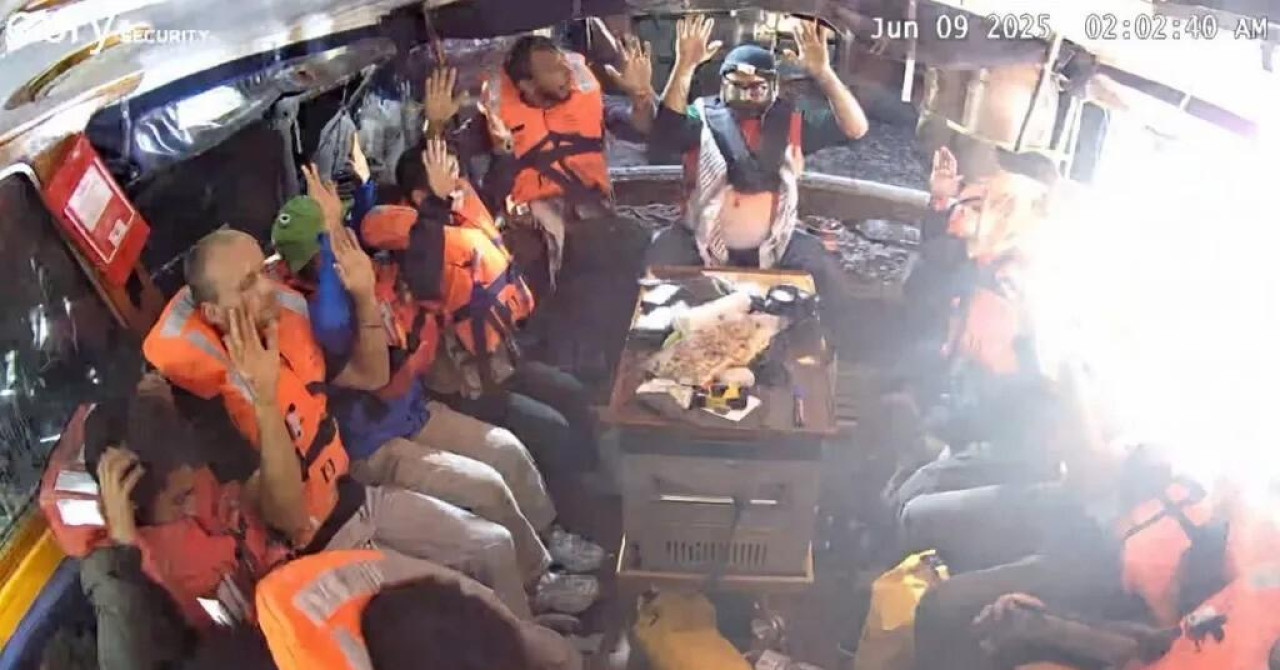The Israeli military intercepted the ship Madleen, operated by the pro-Palestinian Freedom Flotilla Coalition, carrying climate activist Greta Thunberg. The ship attempted to deliver humanitarian aid to the Gaza Strip despite the Israeli naval blockade. Israeli authorities claim the blockade is necessary to prevent weapons from reaching Hamas, while activists and the coalition argue the blockade is illegal and the ship carried only a symbolic amount of aid. Israel stated that all passengers are safe and the ship is being redirected to the Israeli coast. The incident has drawn international attention, with Israeli authorities accusing activists of a media provocation. The humanitarian situation in Gaza remains dire, with limited aid access due to the blockade and ongoing conflict between Israel and Hamas.
Political Perspectives:
Left: Left-leaning sources emphasize the humanitarian aspect of the ship’s mission, highlighting the blockade’s impact on civilians in Gaza and portraying the interception as an act of aggression that hinders aid delivery. They often criticize Israel’s blockade as illegal and disproportionate, focusing on the plight of Palestinians and the symbolic nature of the aid carried by the ship.
Center: Centrist sources report the facts of the interception, presenting statements from both Israeli authorities and the activists. They highlight the security concerns cited by Israel regarding the blockade and Hamas, while also acknowledging the humanitarian needs in Gaza. The coverage tends to be balanced, noting the complexity of the situation and the competing narratives.
Right: Right-leaning sources focus on Israel’s security rationale for the blockade, emphasizing the need to prevent weapons smuggling to Hamas. They portray the interception as a justified security measure and often criticize the activists for attempting to breach the blockade under the guise of humanitarian aid. The narrative stresses Israel’s right to defend itself and questions the legitimacy of the flotilla’s mission.





